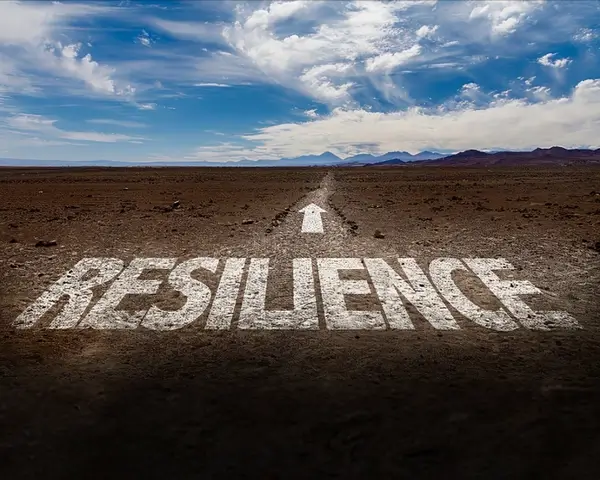By now you probably have heard the news about the latest Goldman Sachs incident. Former London-based employee Greg Smith made some serious accusations in a New York Times op-ed piece….and as of late he’s not the only one. His accusations focused around leadership and management practices and the “toxic” culture at Goldman Sachs Group.
This very public vent session by an employee assailing CEO Lloyd C. Blankfein’s management and leadership, and the firm’s treatment of clients, went viral and led to Goldman Sachs losing $2.15 billion of its market value with the stock price dropping 3.4% as of late last week.
A pretty huge public backlash!
Though Goldman Sachs issued a public response (seriously, how could they not) it was too little to late – the damage has been done. Much has been in the media regarding the incident, the supposed reasons for Greg Smith’s article, and the type of environment and culture at Goldman Sachs. Though I’ve experienced my fair share of “toxic” cultures – and I am a firm believer that culture plays a huge part in business success – I attribute the negative perceptions, outcomes and public relations damage at Goldman Sachs to one thing more than others– TRUST!
“Me, I’m dishonest, and you can always trust a dishonest man to be dishonest. Honestly, it’s the honest ones you have to watch out for.” – Captain Jack Sparrow
Trust is the foundation of any successful relationship both personal and professional, and when it is broken, it is extremely hard to repair. Even though all specifics weren’t shared with the general public, for the most part, the general public has now lost trust in Goldman Sachs leadership and thus the firm overall.
I am repeatedly asked to make the business case for trust. Other than the usual statements about trust reducing transaction costs, increasing employee and customer loyalty, and shortening the sales cycle, hard evidence seems difficult to find. Well, Goldman Sachs is a real life example.
I would like to offer a cause and affect view on this breach of trust at Goldman Sachs: without trust within your company and between your company and your customers, employee engagement and morale will suffer. If engagement and morale suffer, customer satisfaction declines. If customer satisfaction declines, revenue declines. If revenue declines too much, business stops.
Trust is one of those in-tangibles, which means that showing a value add and making the business case for trust can sometimes prove difficult – until trust is lost and broken. At Goldman Sachs, due to the alleged unethical business practices of the leaders, managers and employees, a “…decline in the firm’s moral fiber” permeated contributing to a “toxic” culture that became an acceptable way to do business.
“When a man assumes a public trust he should consider himself a public property.” – Thomas Jefferson
Once this information was made public, by someone with an insider view, Goldman Sachs clients, vendors, and the general public were forced to reevaluate if they wanted to continue to be associated with a company that operated in such a way. A company that they feel betrayed them (and in many cases the actions went against their own values), with actions that have fundamentally breached their trust. Based on the ongoing negative financial impacts Goldman Sachs is experiencing, the overwhelming response seems to be – many don’t want to continue to be associated with a company that fundamentally breached their trust.
Now of course many of Goldman Sachs clients and vendors aren’t bothered by this or choose to ignore it, and the firm will most likely recover. However, it will be a slow process to regain public trust, and we may continue to see the negative impacts for some time. This example serves as a simple and tangible business case for trust, one that highlights the importance of increasing trust in the workplace. Noticing the negative impacts that lack of trust and transparency have had on Goldman Sachs, and using this as a real example to facilitate positive culture change and environments of increased trust, seems like a good lesson to me!
Do you feel Goldman Sachs violated the trust of clients? Is trust in a company you do business with important to you? Do you think “toxic” cultures are detrimental?
About Scott Span, MSOD: is President of Tolero Solutions Organizational Development & Change Management firm. He helps clients to facilitate sustainable growth by developing people and organizations to be more responsive, focused, productive and profitable.
Email | Website | LinkedIn | Twitter | Blog | Facebook
________________________________________________________________________________
*All Rights Reserved. Reproduction, publication, and all other use of any and all of this content is prohibited without authorized consent of Tolero Solutions and the author.


